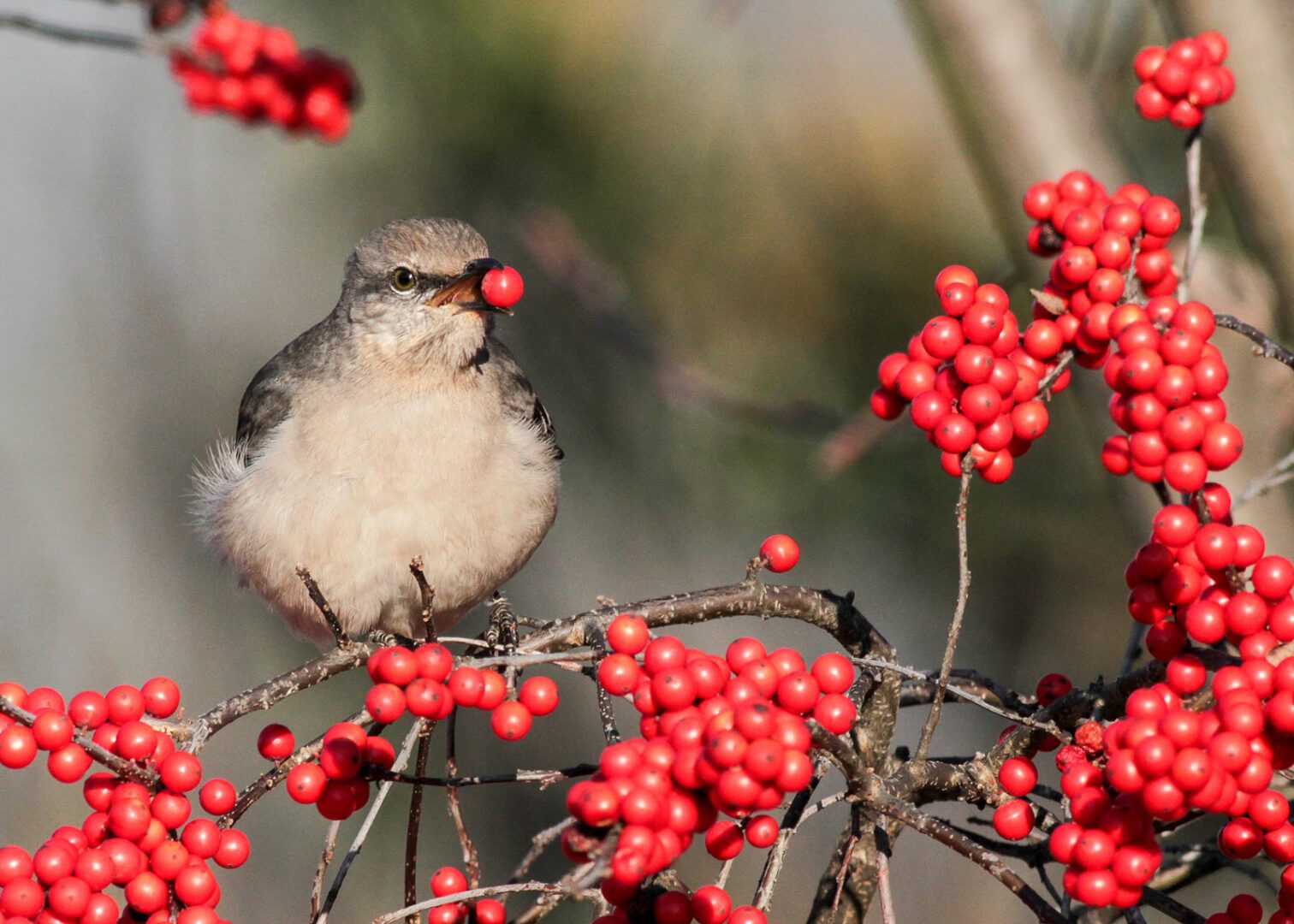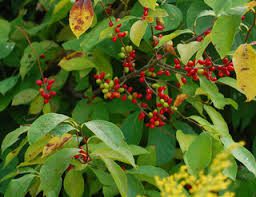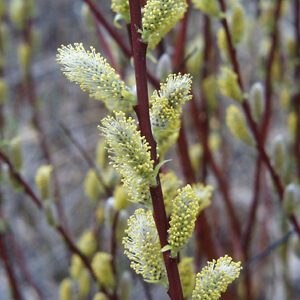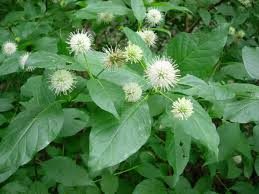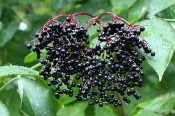Ilex verticillatta, Winterberry Holly 12-18″ Wholesale Native Bare Root Seedlings
$8.50
Out of stock
Winterberry Holly Ilex verticillatta 12-18″ Wholesale Native Bare Root Seedlings
Wholesale Native Bare Root Shrubs
Minimum purchase of 5 plants required.
5 or more $8.50 each
25 or more $3.75 each
50 or more $2.50 each
Bare root seedlings, some will be male, some will be female. Not sorted.
For Shipping, Install and additional info please see “About Bare Root“.
See all available Native Bare Root Shrubs
Check the native status of this species for your area via the USDA Plants Database here.
Order Minimum
There is a minimum order total of $150.00.
before tax (VA residents only) and shipping.
There are NO EXCEPTIONS.
Description
Winterberry Holly, Ilex verticillatta 12-18″ Wholesale Native Bare Root Seedlings
Wholesale Native Bare Root Shrubs
Minimum purchase of 5 plants required.
5 or more $10.00 each
25 or more $4.50 each
50 or more $4.00 each
Bare root seedlings, some will be male, some will be female. Not sorted.
For Shipping, Install and additional info please see “About Bare Root“.
See all available Native Bare Root Shrubs
Check the native status of this species for your area via the USDA Plants Database here.
Ilex verticillata
Ilex verticillata (L.) A. Gray
Common Winterberry, Winterberry, Michigan Holly, Black Alder
Aquifoliaceae (Holly Family)
Synonym(s): Ilex bronxensis, Ilex fastigiata, Ilex verticillata var. cyclophylla, Ilex verticillata var. fastigiata, Ilex verticillata var. padifolia, Ilex verticillata var. tenuifolia
USDA Symbol: ILVE
USDA Native Status: L48 (N), CAN (N), SPM (N)
The leaves of Common winterberry are not shaped with sharp teeth like other hollies and are not evergreen. The purplish green foliage turns black, in fact, with the first frost. The inconspicuous flowers, however, are followed by dense clusters of bright red berries that remain on the branches throughout winter. Winterberry is a globular, upright, medium-sized shrub, typically 6-10 ft. tall (to 20 ft. in some circumstances).
Extremely showy in late fall and early winter when covered with their bright red fruit, these shrubs are either male or female–a trait typical of the holly family. Birds are readily attracted to them. Since this shrub grows in both wet and dry sites, it is an adaptable naturalizer. The southern species Ilex decidua, found in thickets and moist sites from Virginia to Texas, also has the distinctive red fruit.
Plant Characteristics
Duration: Perennial
Habit: Tree
Leaf Retention: Deciduous
Breeding System: Flowers Unisexual , Dioecious
Fruit Type: Drupe
Size Notes: Up to about 20 feet tall, often much shorter.
Leaf: Green.
Autumn Foliage: yes
Fruit: Red, Orange. Although technically drupes, the fruit is commonly referred to as berries.
Bloom Information
Bloom Color: White , Yellow , Green , Brown
Bloom Time: Apr , May , Jun , Jul
Distribution
USA: AL , AR , CT , DC , DE , FL , GA , IA , IL , IN , KY , LA , MA , MD , ME , MI , MN , MO , MS , NC , NH , NJ , NY , OH , PA , RI , SC , TN , TX , VA , VT , WI , WV
Canada: NB , NL , NS , ON , PE
Native Distribution: N.S. to FL Panhandle, w. to MN, s.e. MO & e. TX
Native Habitat: Swamps, Stream, river banks, Near lakes or ponds
Growing Conditions
Water Use: High
Light Requirement: Sun , Part Shade , Shade
Soil Moisture: Dry , Moist , Wet
Soil pH: Acidic (pH<6.8)
CaCO3 Tolerance: Low
Soil Description: Moist, acidic soils. Sandy, Sandy Loam Medium Loam Clay Loam, Clay
Conditions Comments: Winterberry tolerates poor drainage and is quite winter-hardy. You must have both a male and female plant to have berries. The male must be the same species as the female and bloom at the same time. Because hollies are such popular landscape plants, it may be worth the risk to plant a female and hope there is a male nearby.
Benefit
Use Ornamental: Fruits ornamental, Attractive
Use Wildlife: Cover, Nesting site, Nectar-insects, Fruit-birds.
Warning: All Ilex species may be somewhat toxic if ingested. Sensitivity to a toxin varies with a person’s age, weight, physical condition, and individual susceptibility. Children are most vulnerable because of their curiosity and small size. Toxicity can vary in a plant according to season, the plant’s different parts, and its stage of growth; and plants can absorb toxic substances, such as herbicides, pesticides, and pollutants from the water, air, and soil.
Attracts: Birds , Butterflies
Larval Host: Henry’s Elfin butterfly.
Value to Beneficial Insects
Special Value to Honey Bees
Winterberry Holly, Ilex verticillatta 12-18″ Wholesale Native Bare Root Seedlings
Related products
-

Lindera benzoin, Northern Spicebush 18-24″ Wholesale Native Bare Root Shrubs
$2.75 Add to cart -

Salix discolor, Pussy willow 18-24″ Native Bare Root Shrubs
$8.00 Add to cart -

Cephalanthus occidentalis Buttonbush 12-18″ Wholesale Native Bare Root Shrubs
$1.60 Add to cart -

Sambucus nigra, Common Elderberry,12-18″ Wholesale Native Bare Root Shrubs
$1.60 Add to cart
